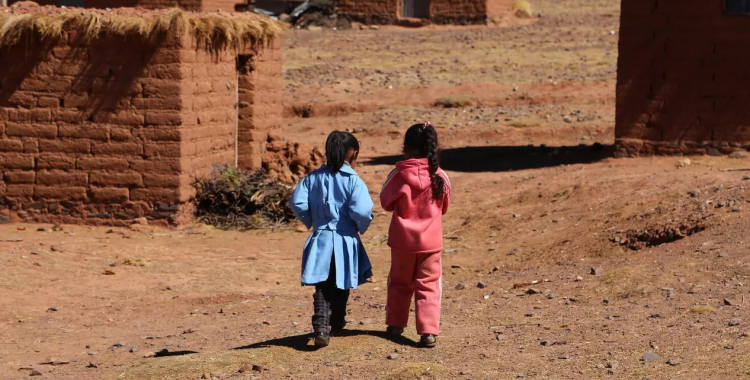Extraordinary exams for secondary school students started on 25 January and run until 3 February next. For primary education, they must be scheduled after the resumption of classes, on 10 February.
In a note to which Lusa had access, Sinprof says that the aforementioned decree, signed by the Minister of Education, Luísa Grilo, is at odds with Executive Decree No. 16/20 of 1 October, which approves the readjusted school timetable for the academic year 2020/2021.
The readjusted school calendar determines that classes will run from October 5, 2020 to June 26, 2021 and exams from June 28 to July 6, 2021.
For Sinprof, the new measure that determines extraordinary exams "does not meet the minimum requirements of the Basic Law of the Education and Teaching System, according to which the academic year and the academic year have a minimum duration of 180 days of teaching activities".
The professors affirm that the "education that privileges and elitizes a group does not promote equality" and that the new decree "has a purely commercial aspect, which calls into question what is discussed about the commercialization of education".
"To the extent that, there is a clear demonstration of privileging, electing a group of private schools to the detriment of most public schools, because the group of 55 private schools that compete for such an exam does not represent even 1 percent of the more than 18 thousand schools in the country ", says Sinprof.
The union also considers that the aforementioned decree "is generic" and appears to "divert the attention of the less attentive", inasmuch as the Ministry of Education "knows perfectly well that no public school has managed to teach classes in any alternative modality".
If "we consider the idea that the exam and assessment test aim to define the level of learning through the grade that the student is able to achieve in the test", observes the union, we are "faced with an overshoot of the decree that readjust the school calendar ".
"With this measure, we will have a shorter calendar, with about five months, for a group of students, without vacations and without meeting the time necessary for the evaluation of the academic year, which will be below 60 percent", they point out.
The academic year in general education in Angola, according to the calendar adjusted due to covid-19, runs until July 2021.
Face-to-face classes for primary education are due to start again on 10 February.







